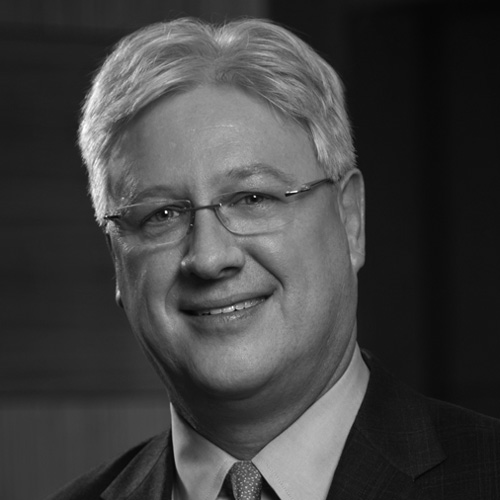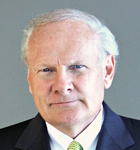Kirshbaum’s long history with the company has given him the wisdom to know what works, what doesn’t, and when to say yes.
I’m very fortunate for the time I’ve had here. The company is very different than when I started in 1998, and it’s evolved in many ways. I think the same is true for me, as well, in my last sixteen years.
I don’t know that I had a specific career objective when I graduated from school. There were things I liked to do; I was always interested in solving puzzles and finding interesting solutions to complex problems, and that seemed to be a good fit for my role here.
I try to surround myself with as many smart people as possible. I learn from others at the company and our board of directors; I try to find peer CFOs to network with; and I speak with our investors.
In a growth industry, there are always a thousand different ways any investment or initiative can go wrong. While it’s definitely my job to identify those, it doesn’t help to just say no all the time; it’s also my job to figure out ways to make it work. That is something that I wish I had learned a little bit earlier.
My grandparents all emigrated to DC from other parts of the world, and they worked hard to create opportunities for my parents. That has really resonated with me, the value of hard work, and I hope to inspire that trait in my team and with my children.
I grew up here in Washington, DC. I don’t think it defines me, other than that I have a long history of watching terrible professional sports teams. My family had a greater impact on me than where I’m from.
I would be remiss if I said my most memorable day was any other day than the day I met my wife in 2003. We got married a couple years later, and we were told that we were Advisory Board couple number seventy-something, starting with our founder. We were keeping up the Advisory Board tradition.
There have been a lot of benefits of being with one company for a really long time. I know the business at a very micro level from an operational perspective. I also have a pretty long historical perspective of all the decisions we’ve made and an understanding of what works and what doesn’t.

